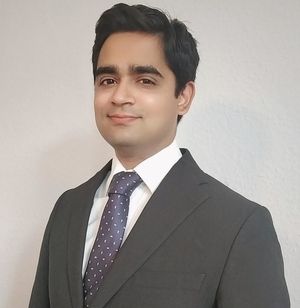What does a thyroid Surgery entail?
Thyroid surgery, also known as a thyroidectomy, is a surgical technique used to partially or totally remove the thyroid gland. This is done in cases when the thyroid gland has a nodule/multiple nodules in it.
The procedures can be divided into the following categories according to how much of the thyroid gland will be removed:
- Thyroid lobectomy/ hemi-thyroidectomy
- Total or nearly total thyroidectomy
- Completion thyroidectomy
Along with this, lymph nodes from the neck may also be removed.
What are common indications for a thyroid surgery?
These may be performed for thyroid cancers (papillary carcinoma, follicular carcinoma, medullary carcinoma of thyroid, etc) and benign thyroid nodules (goitre).
Surgery may sometimes also be indicated if there is a toxic nodule which is producing excessive thyroid hormones.
How is thyroid surgery performed?
For the procedure, the surgeon may adopt a variety of approaches, including the following:
Standard thyroidectomy: A cut is made close to the bottom part of the neck, and the thyroid is partially or completely removed.
Minimal access/Scarless thyroidectomy: Transoral Thyroidectomy: An oral incision is used to remove the thyroid gland.
Robotic/Endoscopic thyroidectomy: An endoscope is inserted through the neck or axilla to remove the thyroid gland (underarm).
What are the risks involved with Thyroid Surgery?
In expert hands thyroid surgeries are generally very safe. The major risk to be aware of is recurrent laryngeal nerve palsy. This nerve supplies the vocal cord and any injury or damage during the surgery due to traction or manipulation or due to the disease itself. This can result in hoarseness, which can be temporary or in rare instances permanent.
There is a risk of developing low calcium when a total thyroidectomy is performed. This is because the vascularity/blood supply of the parathyroid gland, which maintains the calcium balance in the body, may be affected due to the thyroid surgery. Calcium supplementation may be needed in such cases.
After total thyroidectomy, thyroid hormone supplementation is also needed.
Besides these, there are routine risks of bleeding, seroma (fluid collection), and healing with a thickened scar.
For the treatment and guidance consult with Best thyroid cancer doctor in Delhi, For appointment with Dr. Akshat Malik make a call on +91 9810772629

Written by:
Dr. Akshat Malik
Cancer Care / Oncology, Surgical Oncology , Head & Neck Oncology
Make an Appointment